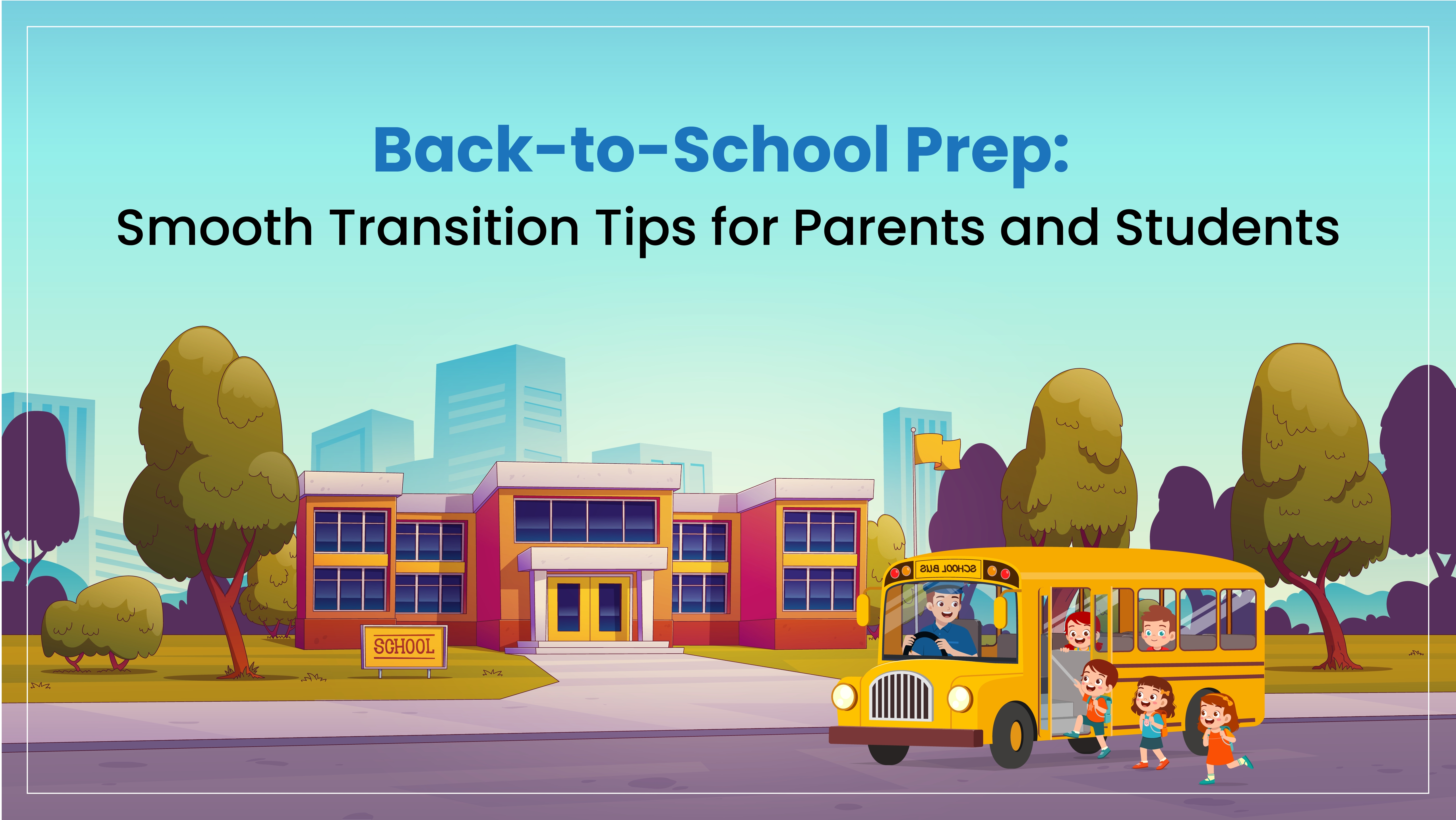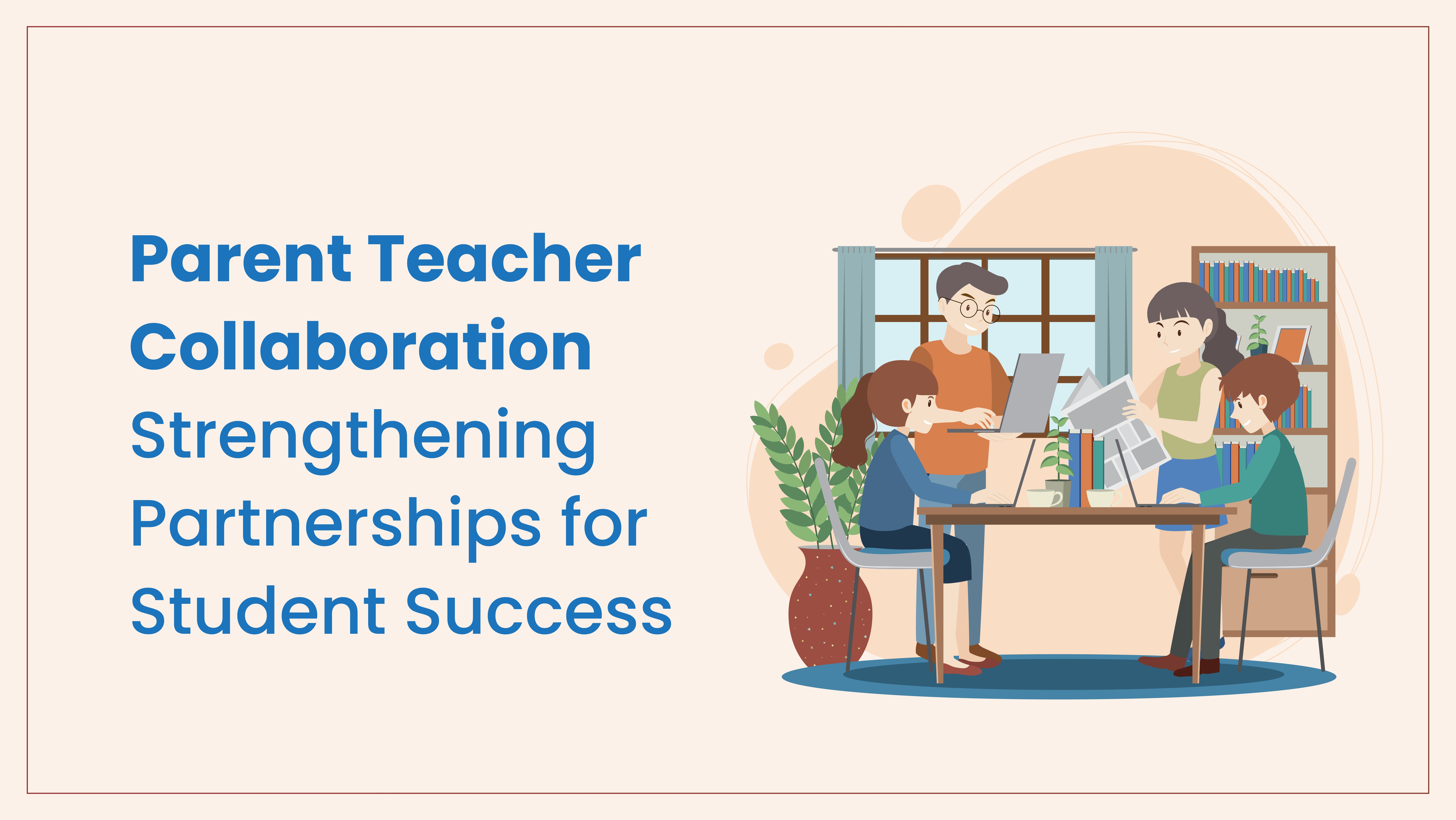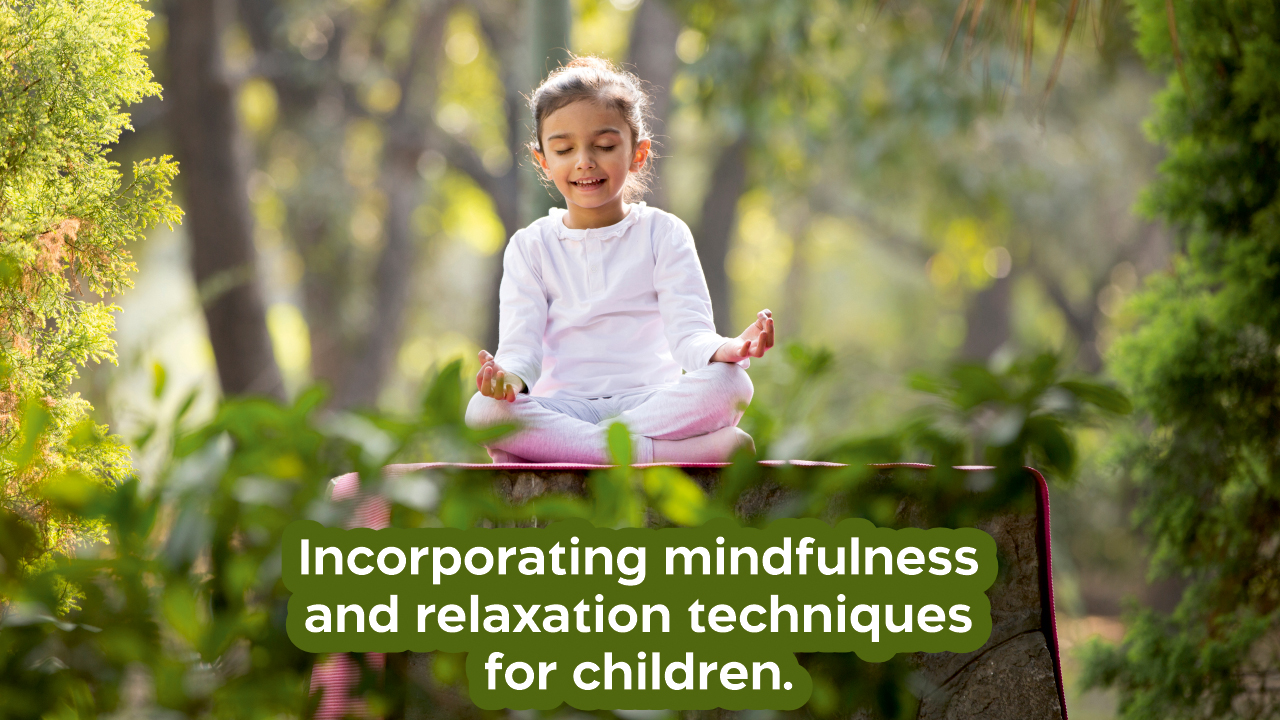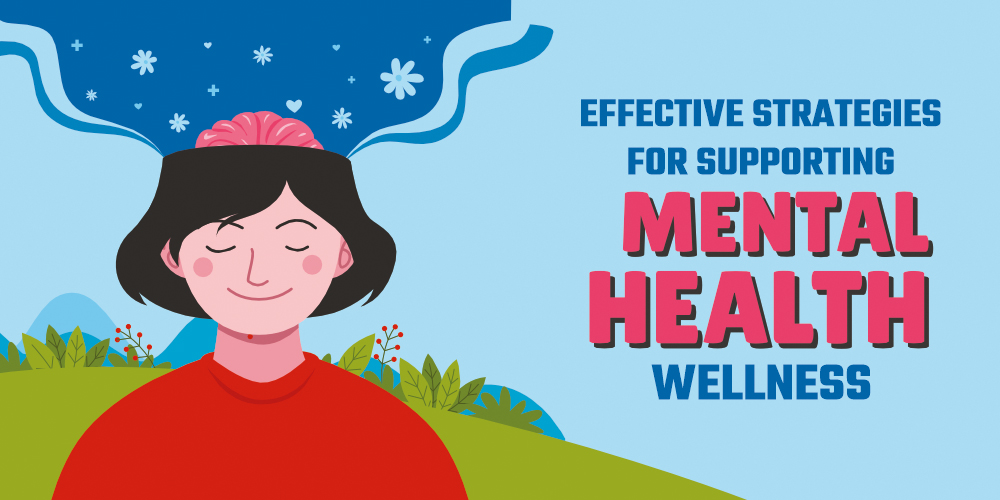In the face of growing environmental challenges such as climate change, biodiversity loss, and pollution, the need for informed and proactive individuals has never been greater. Environmental education stands at the forefront of this need, playing a pivotal role in shaping the next generation of eco-leaders. By integrating environmental knowledge and sustainable practices into education […]
Back-to-School Prep: Smooth Transition Tips for Parents and Students
As summer comes to a close, families everywhere start preparing children for the transition back to school. The shift from leisurely days to structured routines can be challenging for both parents and students. However, with careful planning and a positive mindset, the transition can be smooth and even enjoyable. Here are some essential back to […]
Navigating Online Learning – Tips for Parents and Students
With the rise in technological advancements, online learning has become a new trend. Most of us have used online classes or YouTube live sessions to learn something. Therefore, to adapt to these new learning methods, we offer effective online learning tips for both students and parents. While some tips are solely for students, others involve […]
Parent-Teacher Collaboration: Strengthening Partnerships for Student Success
Parent-teacher collaboration plays a pivotal role in fostering student success. When parents and teachers work together, they create a supportive environment that enhances a child’s educational experience. This partnership is not just beneficial; it is essential. Understanding the importance of parent-teacher collaboration and implementing effective strategies can make a significant difference in a student’s academic […]
Incorporating Mindfulness and Relaxation Techniques for Children
In today’s fast-paced world, children often experience stress and anxiety, just like adults. Incorporating mindfulness and relaxation techniques into their daily routine can significantly benefit their mental and emotional well-being. These practices help children develop focus, emotional regulation, and a sense of calm. Here’s how parents can initiate mindfulness and relaxation techniques for children effectively. […]
Balancing Screen Time and Offline Activities: 7 Tips for Managing Digital Device Use While Encouraging Physical and Social Activities
In today’s digital age, screens are an integral part of our daily lives. Children and adults alike use devices for education, entertainment, and communication. However, balancing screen time with offline activities is essential for maintaining physical health, social skills, and overall well-being. Here are 7 tips for managing digital device use while encouraging more physical […]
Summer Wellness: Top 10 Nutrition Tips for Kids and Families to Foster Healthy Habits
Summer is a time of warmth, sunshine, and plenty of outdoor activities. It’s also a great opportunity to focus on nutrition and instil healthy eating habits in kids and families. Here are the top ten nutrition tips to help one stay healthy and energised during the summer months. 1. Hydration is Key: Encourage children to […]
Effective Strategies for Supporting Mental Health Wellness
The month of May is referred to as Mental Health Awareness Month. Mental health refers to a person’s emotional, psychological, and social well-being, encompassing how individuals think, feel, and behave. It influences how they handle stress, relate to others, and make choices. Good mental health is essential for coping with life’s challenges, maintaining healthy relationships, […]
Making Hydration Fun: 5 Tips to Keep Kids Hydrated
Ever wondered why little ones seem to be constantly asking for a refill throughout the day? Here’s a cool fact: Studies reveal that kids’ bodies are actually 60% to 70% water. That’s a lot, right? But that’s not all. Even though their little bodies are full of water, they lose it faster than adults. This […]
Top 7 Physical Activities for Kids to Learn During Summer Break
As the summer break begins, parents are frequently seeking engaging and beneficial activities for their children. While relaxation and playtime are essential, encouraging kids to participate in physical activities can have numerous benefits, including improved physical health, enhanced social skills, and increased confidence. Parents must encourage their child to channel their energy into more productive […]










